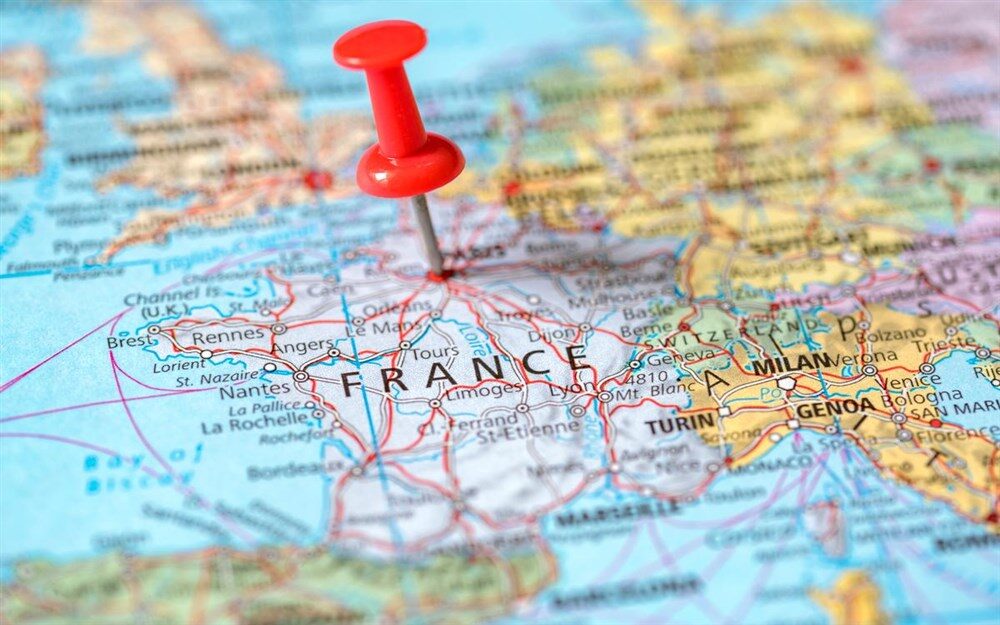

Online gambling in France is a regulated and legal activity, but it is subject to strict rules and oversight by French authorities. The country has established a comprehensive legal framework to ensure responsible gambling, protect consumers, and prevent issues related to problem gambling and money laundering. Here is an overview of the key aspects of online gambling legality in France:
The regulatory authority overseeing online gambling activities in France is the Autorité Nationale des Jeux (ANJ), which translates to the National Gambling Authority. The ANJ was established in 2020 to centralize the regulation of all gambling activities in the country, including both land-based and online operations.
To operate an online gambling site legally in France, operators must obtain a license from the ANJ. Licenses are issued for specific types of games, including sports betting, poker, horse racing, and casino games. Operators must adhere to strict criteria and meet various requirements to be granted a license. These requirements include ensuring the security of player data, offering responsible gambling tools, and preventing access to minors.


One of the primary objectives of France’s online gambling regulations is to protect players and promote responsible gambling. Licensed operators are required to implement various measures to prevent problem gambling, such as offering self-exclusion options, setting deposit limits, and providing information about responsible gambling resources.
Licensed online gambling operators in France are subject to taxation on their gross gaming revenue. The tax rates vary depending on the type of game and the revenue generated. This taxation helps contribute to public funds and supports various initiatives, including responsible gambling programs.
France’s online gambling regulations cover a range of games, including sports betting, poker, horse race betting, and casino games. Online casino games, including slots, roulette, blackjack, and other table games, are allowed under certain conditions. However, the offering of online slots is more restricted compared to other forms of online gambling.
Operators with licenses to provide online gambling services in France are allowed to advertise their services, but these advertisements are subject to specific guidelines. Advertising must not target minors or vulnerable individuals, and it must include responsible gambling messages and information about the risks associated with gambling.
France has implemented measures to block access to unlicensed online gambling websites. Internet service providers (ISPs) are required to block access to websites that do not hold a valid French license. This measure aims to protect consumers from accessing unauthorized and potentially unsafe gambling platforms.
France operates its online gambling market as a closed system, meaning that operators located outside the country are not allowed to offer their services to French residents without a valid French license. Cross-border cooperation and agreements with other European countries help regulate and enforce these restrictions.
In summary, online gambling is legal in France, but it is tightly regulated to ensure player protection, responsible gambling, and the integrity of the industry. Operators must obtain licenses from the Autorité Nationale des Jeux and adhere to strict guidelines and requirements.
Estimated reading time: 1 minute Spin Palace Casino PA NJ 🇺🇸 Spin Palace Casino may… Read More
Estimated reading time: 7 minutes Think you need to bet big to win big? Think… Read More
Estimated reading time: 9 minutes Funniest Slot Machines in 2025: Slot Games That'll Make You… Read More
Estimated reading time: 10 minutes If you're a movie lover who enjoys spinning the reels,… Read More
Estimated reading time: 7 minutes Tired of long withdrawal times? You're not alone. In today’s… Read More
Estimated reading time: 10 minutes Everyone loves a birthday surprise, especially when it comes with… Read More